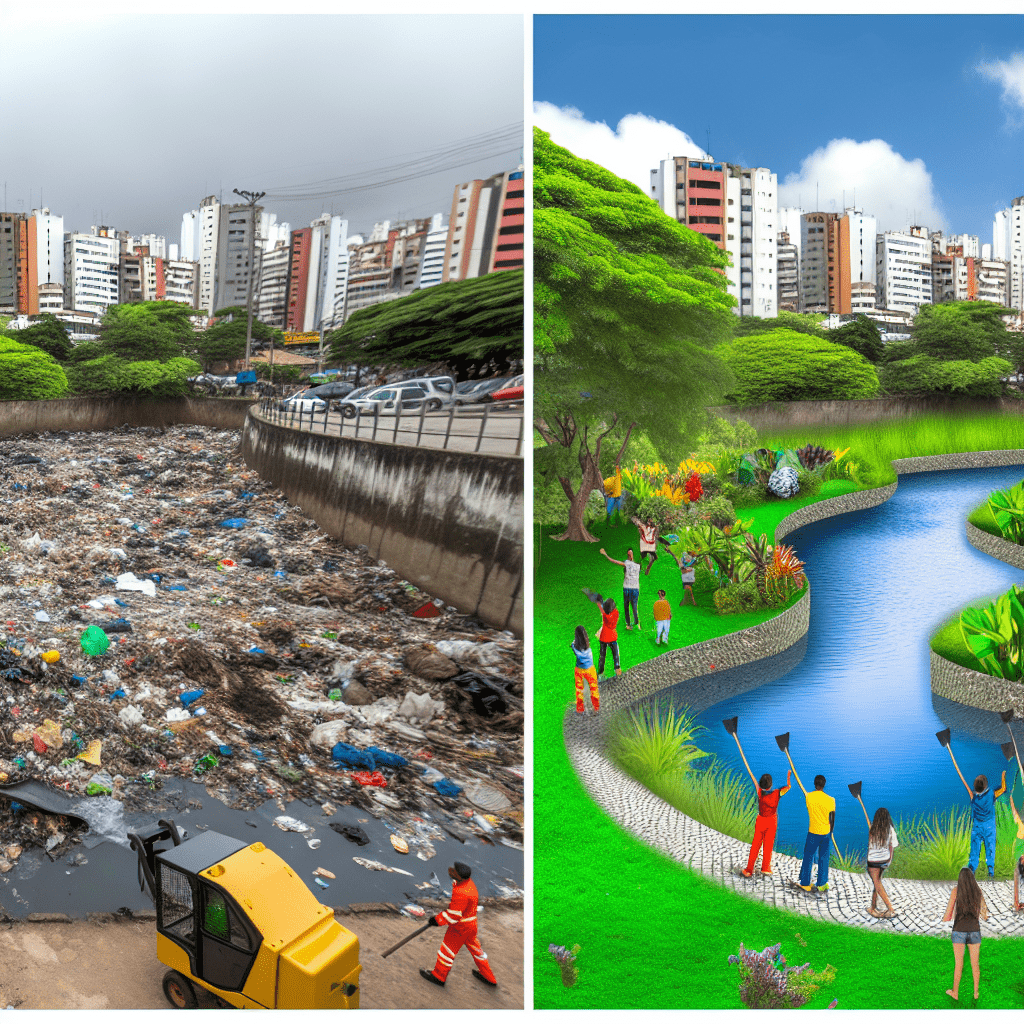”
Blessed with a bountiful array of rivers and lakes, Brazil faces pressing water quality issues. This article unfolds these challenges, their root causes, and suggests potential remedies towards cleaner, safer water supplies.
At the heart of Brazil’s water quality challenges lie from industrial pollutants, agricultural runoff, insufficient wastewater treatment, and the intensifying impacts of climate change.
The main instigators of pollution in Brazil include harsh heavy metals, harmful industrial waste, untreated sewage, and an abundance of nutrients, leading to toxic algal blooms. These pollutants pose significant health threats, destabilize delicate aquatic ecosystems, and impose a colossal strain on the nation’s water treatment facilities.
While Brazil’s National Water Resources Policy and the Federal Law of Sanitation set a legal framework, enduring water quality issues underline the dire need for comprehensive, sustainable strategies.
Addressing water quality in Brazil requires sturdy regulations on polluters, significant investment in modern wastewater treatment technologies, the promotion of sustainable farming practices, and climate-resilient water management strategies.
Moreover, the role of public education and collective participation is crucial. Nationwide campaigns on water conservation, reducing pollution, and emphasis on the importance of clean water can trigger transformative societal shifts.
In conclusion, the road towards improved water quality in Brazil, although challenging, is not unattainable. Through steadfast policy implementation, technological innovations, and active public involvement, Brazil can shift from polluted streams to a future of pure springs.
By FountainGO!

